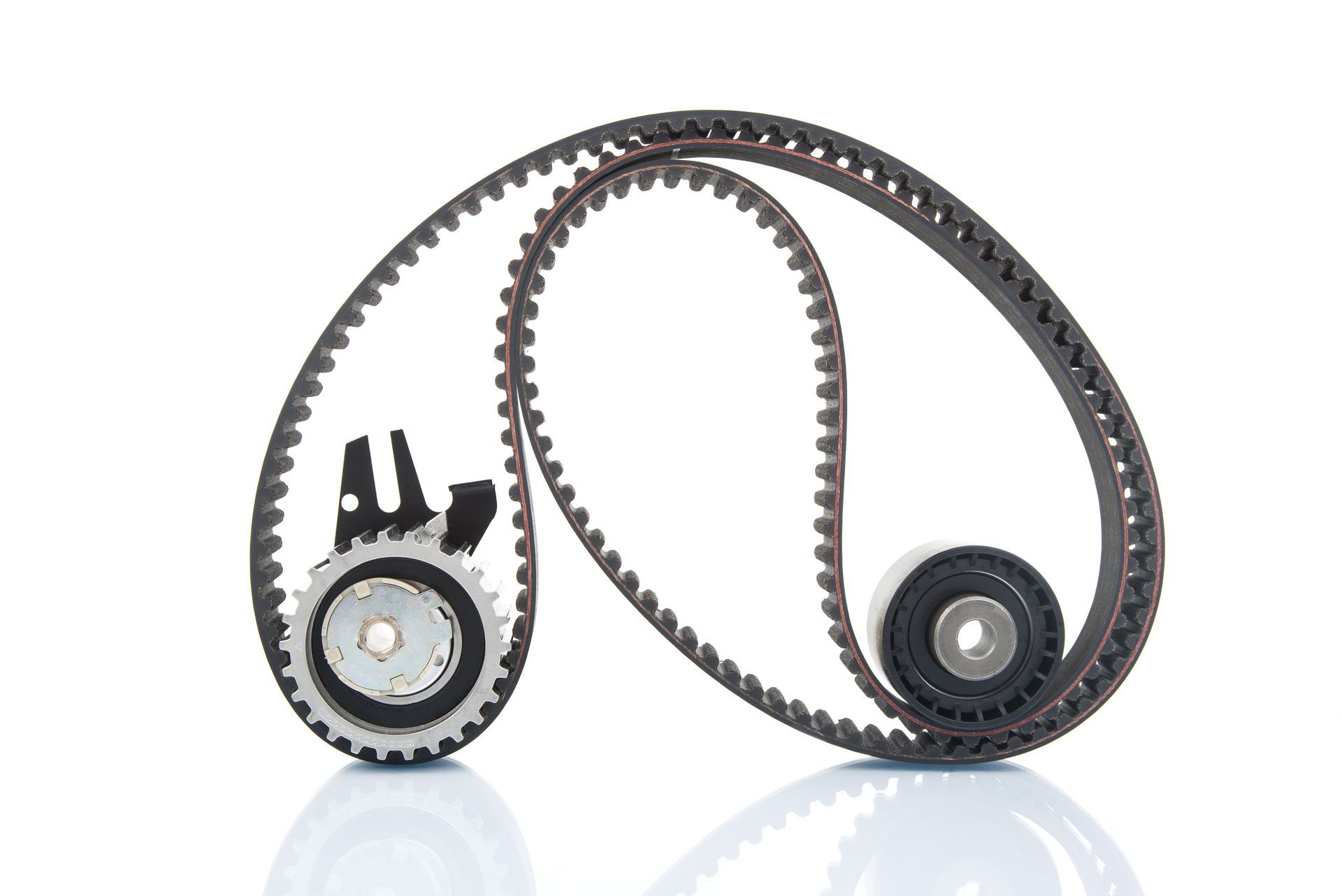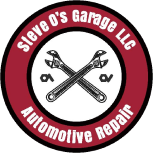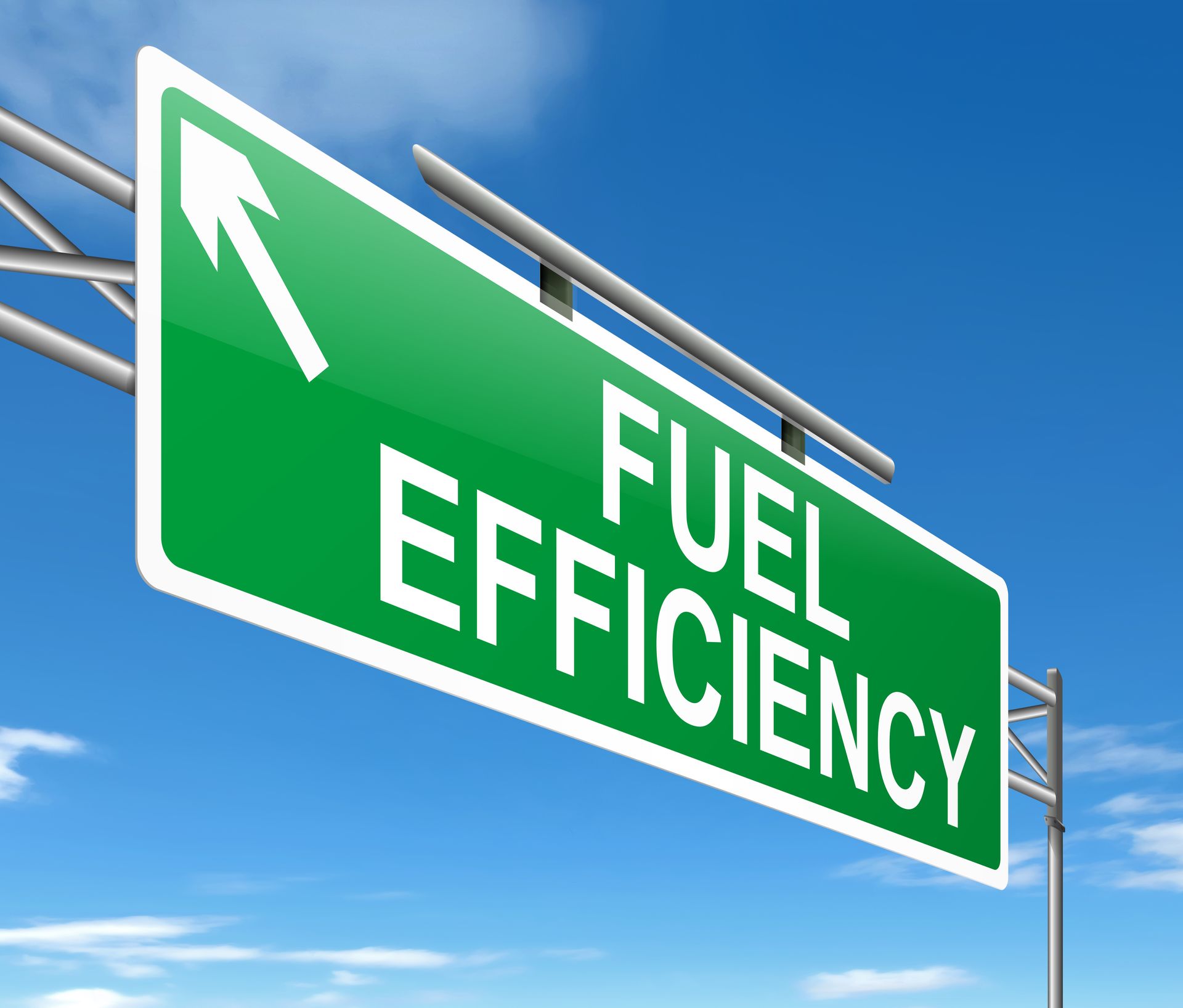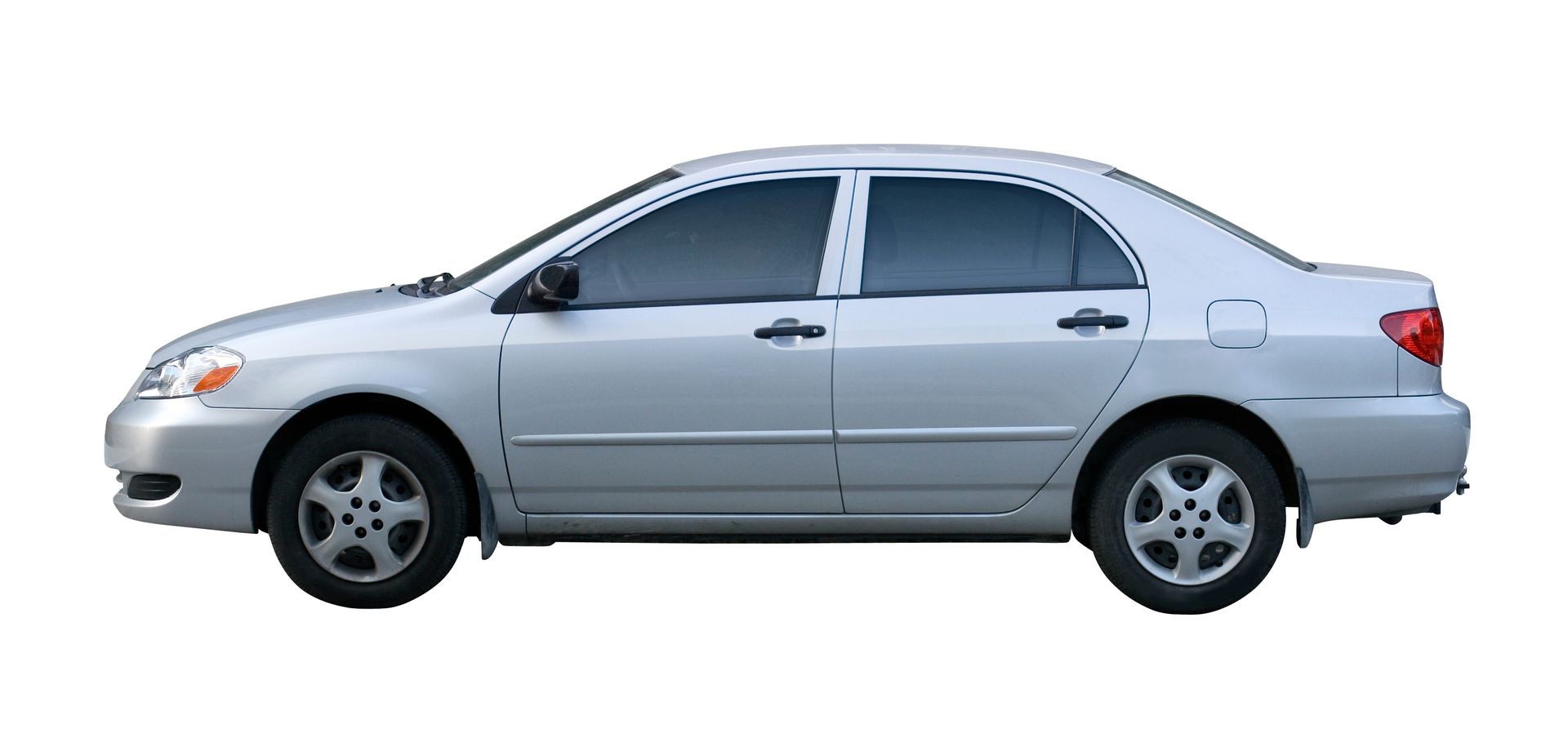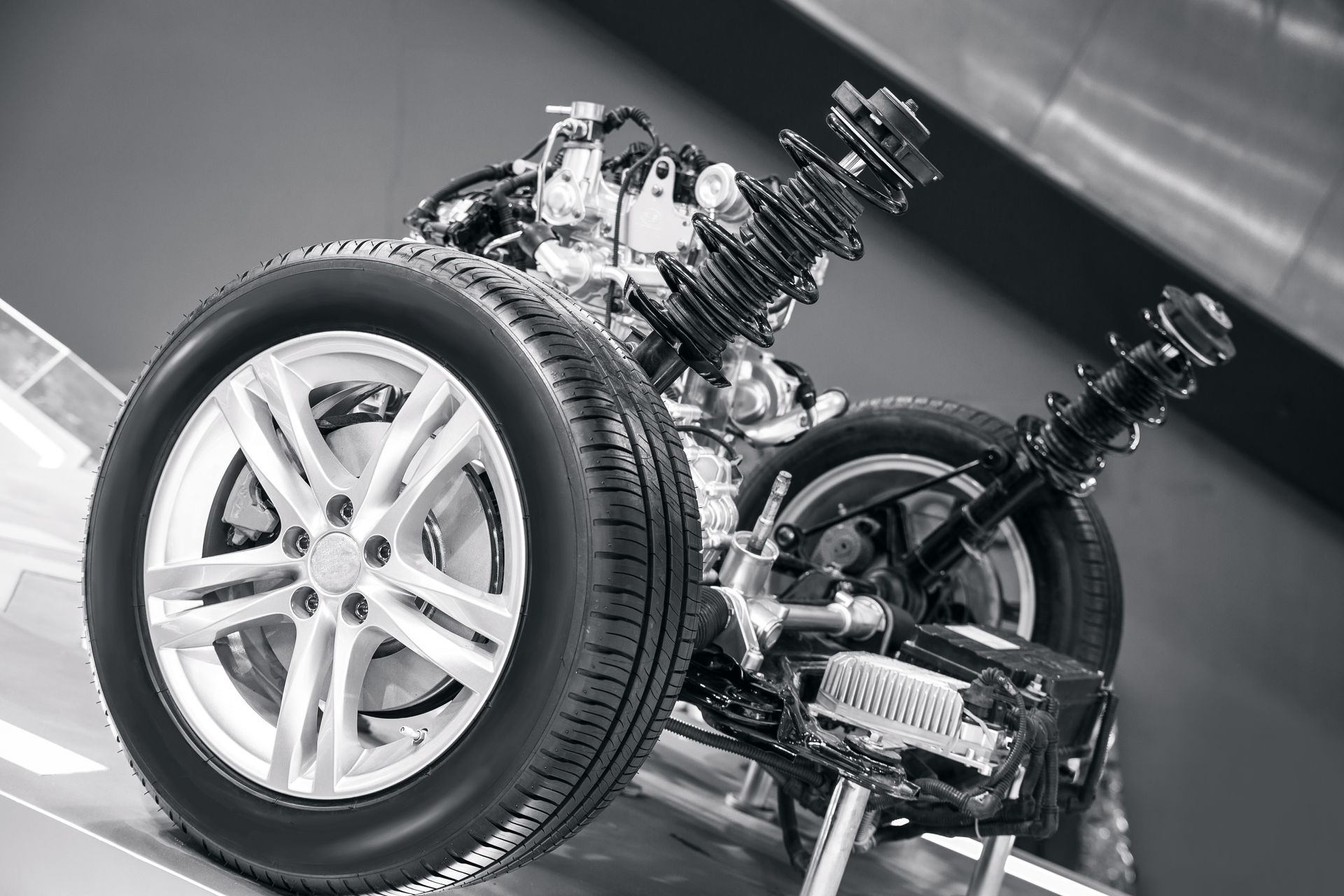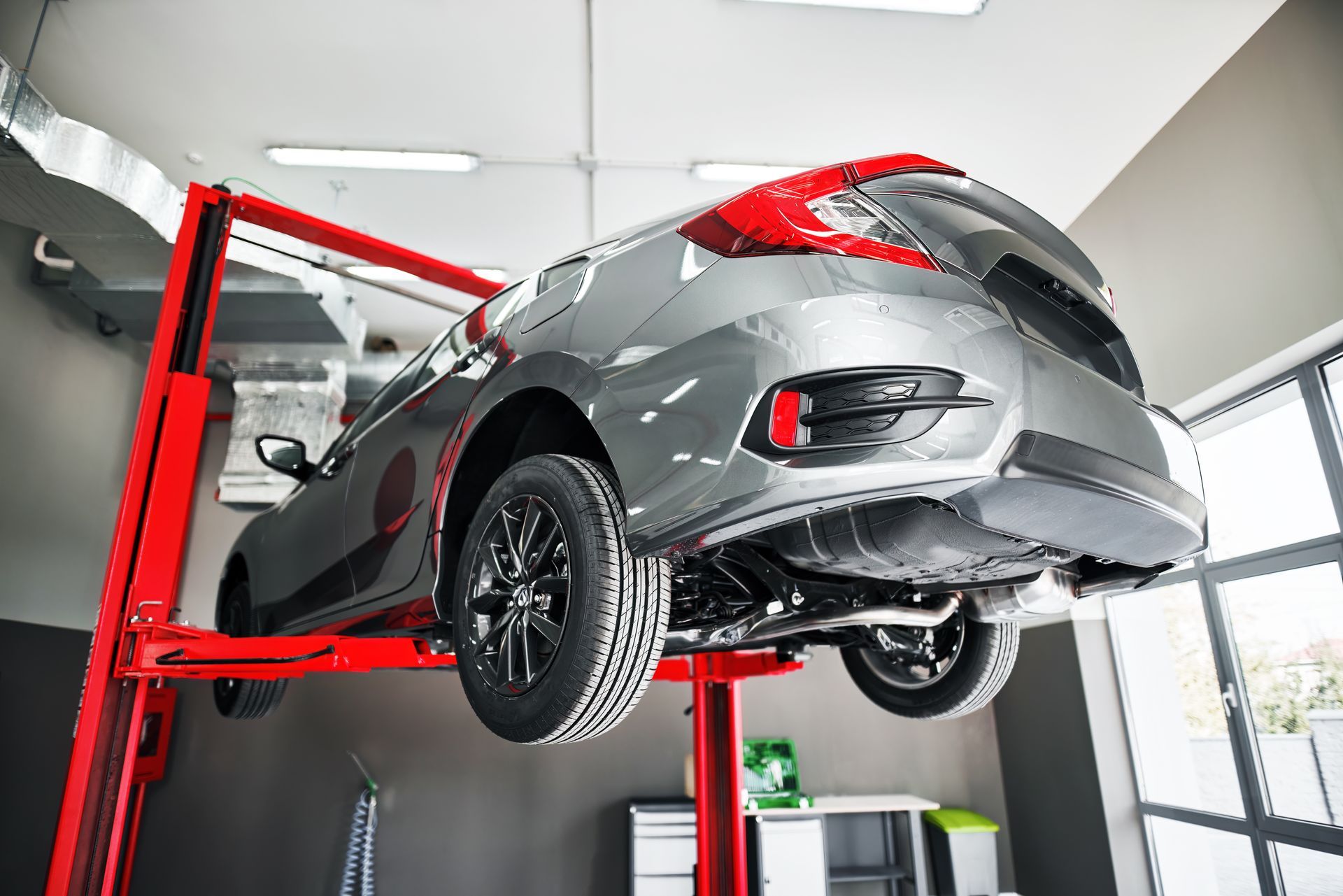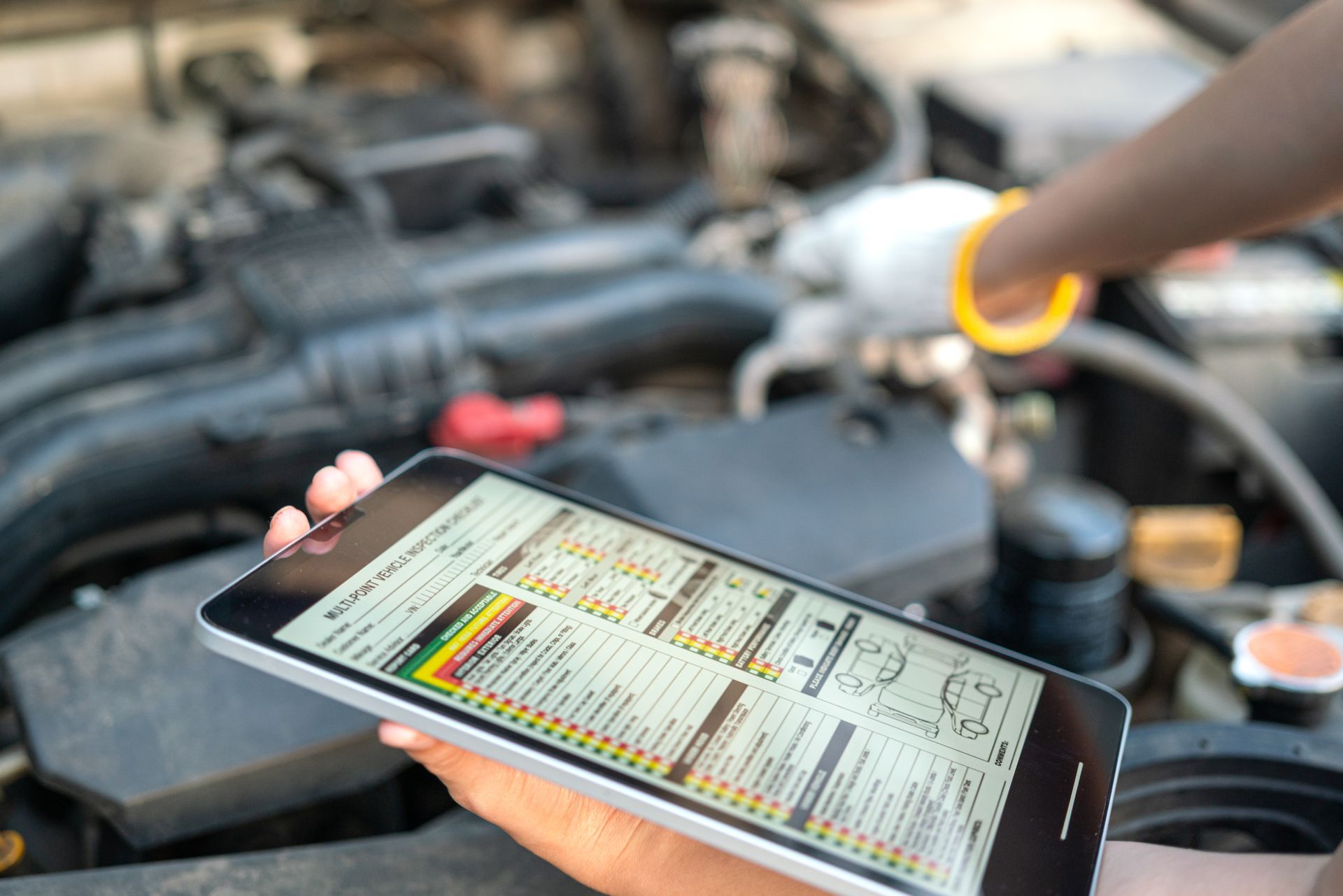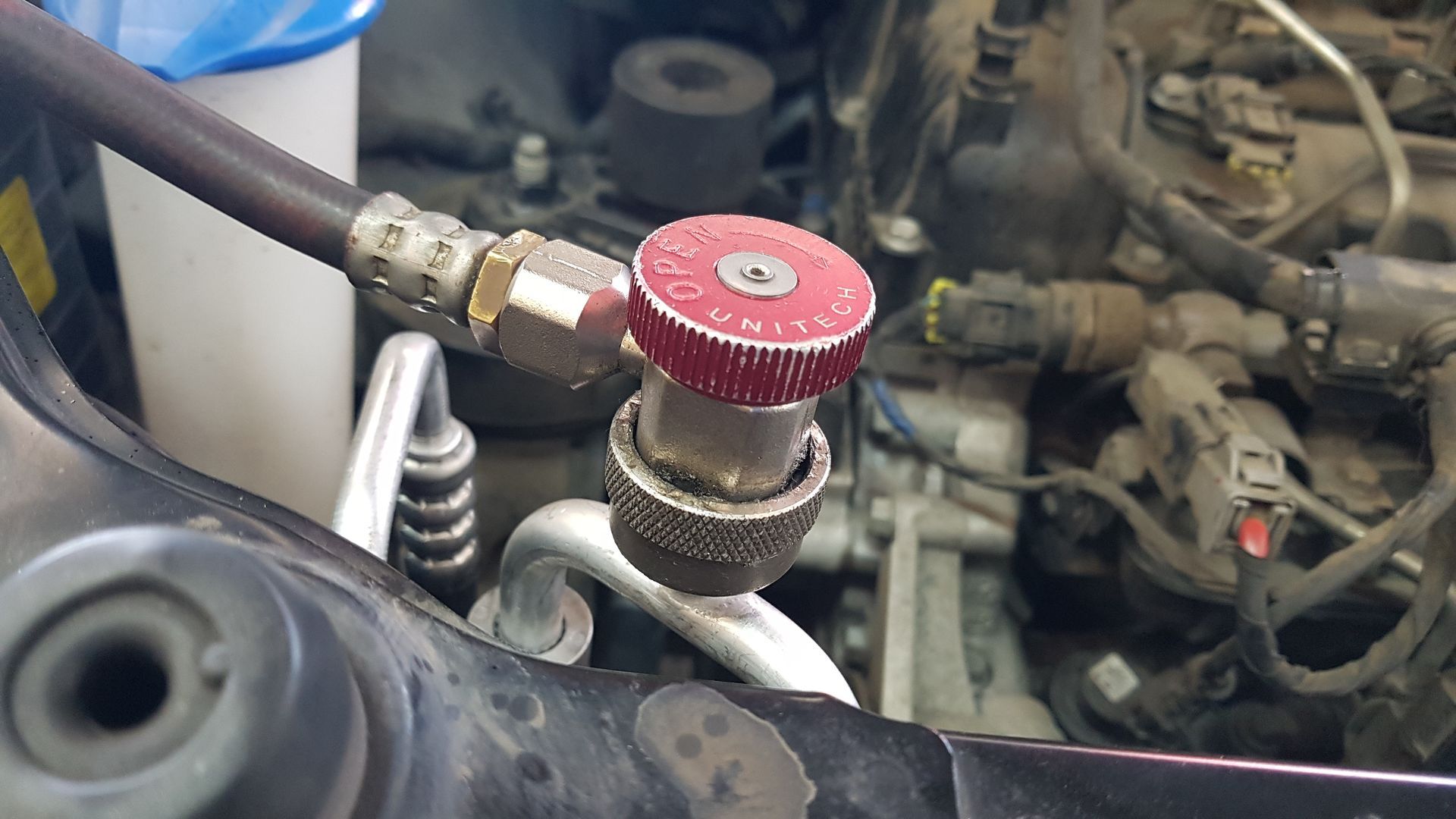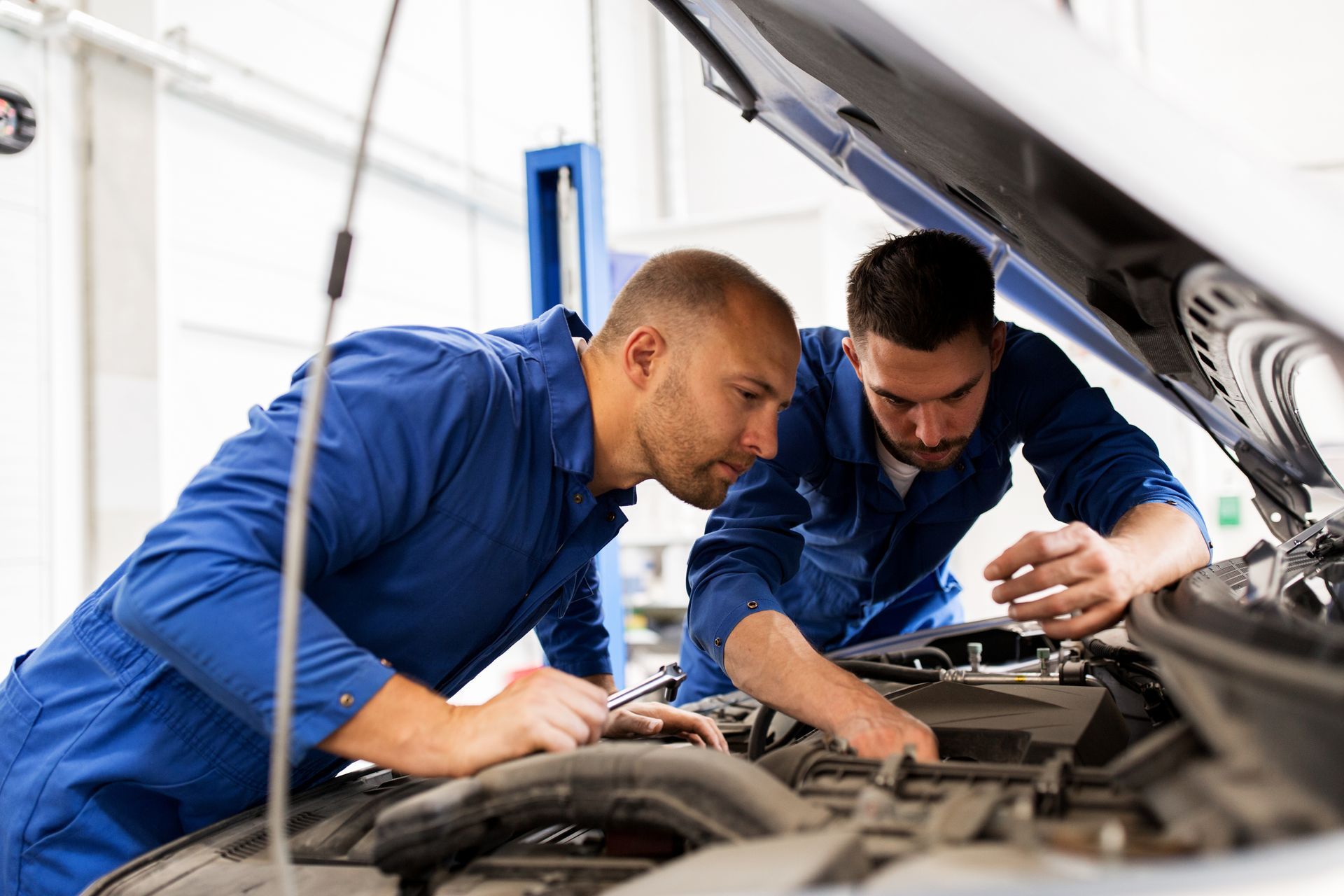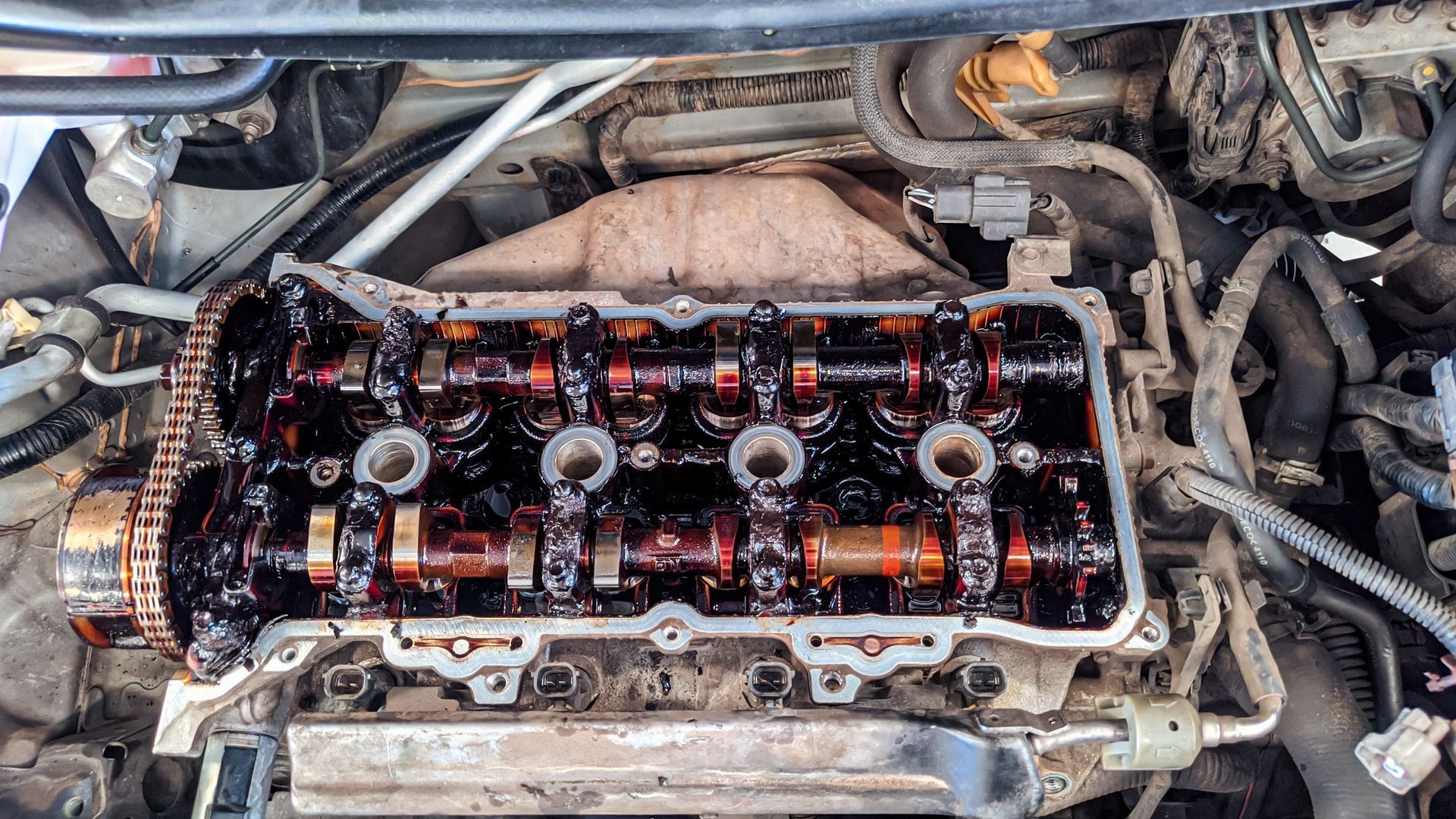When it comes to choosing a vehicle, the SUV often stands out for its commanding presence and practical utility. But is an SUV the right choice for everyone? We will list the advantages and disadvantages of owning an SUV to help you make an informed decision.
Advantages
Spacious Interiors and Versatility
One of the primary reasons people gravitate towards SUVs is their spacious interiors. Whether you have a large family, frequently transport bulky items, or simply enjoy having extra room, SUVs provide ample space for passengers and cargo alike. Their versatility allows for various seating configurations and storage options, making them ideal for road trips, sports activities, and everyday errands.
Higher Seating Position and Better Visibility
Another notable advantage of SUVs is the higher seating position. This elevated view enhances visibility on the road, allowing drivers to see further ahead and be more aware of their surroundings. This can contribute to a sense of security and control, especially in heavy traffic or challenging driving conditions.
Off-Road Capabilities and Durability
SUVs are renowned for their off-road capabilities. Many models are equipped with advanced four-wheel-drive systems, rugged suspensions, and high ground clearance, making them suitable for various terrains, from snowy roads to rocky trails. This makes SUVs a popular choice for outdoor enthusiasts who enjoy camping, hiking, and exploring the great outdoors.
Enhanced Safety Features
Modern SUVs often come with an array of safety features designed to protect occupants. These can include advanced driver-assistance systems (ADAS), such as lane-keeping assist, adaptive cruise control, blind-spot monitoring, and automatic emergency braking. The robust build of SUVs also means they generally fare better in collisions compared to smaller cars, providing added peace of mind.
Disadvantages
Fuel Efficiency
Despite their many benefits, SUVs have notable drawbacks, starting with fuel efficiency. Larger engines and heavier bodies mean SUVs typically consume more fuel than smaller cars. This not only leads to higher fuel costs but also contributes to a larger carbon footprint, which is a significant consideration for environmentally conscious drivers.
Higher Maintenance and Repair Costs
Maintaining an SUV can be more expensive than servicing a smaller vehicle. The larger size and complexity of SUVs mean that parts and labor can cost more. Routine maintenance, such as oil changes, tire replacements, and brake services, tend to be pricier. Additionally, insurance premiums for SUVs are often higher due to their higher repair costs and increased risk of accidents.
Challenging Maneuverability and Parking
Driving an SUV in crowded urban environments can be challenging. Their larger size makes maneuvering through tight spaces and parking more difficult. Finding a parking spot that accommodates an SUV can be a hassle, especially in densely populated areas. The higher center of gravity also means that SUVs are more prone to rollovers, which can be a safety concern.
Environmental Impact
SUVs have a more significant environmental impact compared to smaller, more fuel-efficient cars. Their higher fuel consumption leads to increased greenhouse gas emissions, contributing to air pollution and climate change. For those who prioritize eco-friendly driving, this is a significant disadvantage that can't be overlooked.
Cost Considerations
The initial purchase price of an SUV is generally higher than that of a sedan or compact car. This is due to the larger size, advanced features, and more powerful engines. While the added space and capabilities might justify the cost for some, it's essential to consider whether the benefits outweigh the higher price tag. Long-term ownership costs, including fuel, maintenance, and insurance, can also add up, making SUVs a considerable financial commitment.
Comfort and Accessibility Issues
While SUVs offer spacious interiors, the elevated seating and higher ride height can pose accessibility issues for some people, including children, the elderly, and those with mobility challenges. Getting in and out of an SUV can be more difficult compared to lower cars. Additionally, the ride quality in some SUVs can be less smooth due to their rugged construction, leading to a less comfortable driving experience on paved roads.
Thinking about getting an SUV? Make sure it's the right fit for you! Visit
Steveo's Garage for expert advice and vehicle inspections. Schedule your consultation today!
